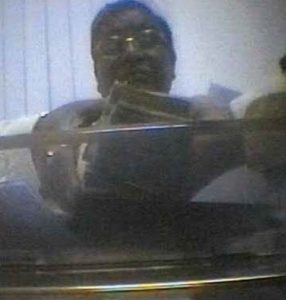 Ever since the CBI Court convicted three accused on July 21, 2020 in the “kickbacks” in defence deals that Tehelka had exposed in its sting “Operation West End”, we have been flooded with messages that investigative journalism has been reclaimed in India. The story has once again hogged headlines in the newspapers, television channels and on social media platforms.
Ever since the CBI Court convicted three accused on July 21, 2020 in the “kickbacks” in defence deals that Tehelka had exposed in its sting “Operation West End”, we have been flooded with messages that investigative journalism has been reclaimed in India. The story has once again hogged headlines in the newspapers, television channels and on social media platforms.
The truth of Tehelka sting has once again made clear the difference between journalism of courage that we stand for, and press notes or public relations journalism that many follow. Indeed this was the story that needed moral courage and a mind free from fear and public interest at the core of this endeavour. And Tehelka’s founder Editor, Tarun J Tejpal had it all. I am perhaps best qualified to know him since we began our journalistic forays with the Indian Express on the same day.
Tehelka has always served as a watchdog. Successive governments have been trying to project defence deals as holier than cow and it was for Tehelka to remove the lid from the murky deals.
It was Tehelka sting, ‘Operation Westend’ that exposed shady defence procurement deals in 2000-2001 and made public in mid-March 2001.
This shocked the nation then. Now nearly 20 years after the sensational sting operation by Tehelka, the former Samata Party president Jaya Jaitly and two others have been convicted by a CBI court. Now this has rocked the nation.
The Special CBI judge Virender Bhat has held the former President of Samata Party, Jaya Jaitly, her former party colleague Gopal Pacherwal and Major General (retired) SP Murgai guilty of corruption and criminal conspiracy.
Jaya Jaitly was a close aide of former Union Defence Minister, George Fernandes.
Tehelka’s Operation West End came into public domain when its CDs were made public. Top functionaries of the Defence Ministry and Defence Officers were seen accepting gifts and cash from the reporters of Tehelka who posed as representatives of a fictitious firm West End International based at London.
While vindication of Tehelka sting has come as a reminder that investigative journalism has a long way to go, the journalists were then at the receiving end of authorities and even now.
Recently in Ghaziabad, journalist Vikram Joshi who worked with a Hindi newspaper Jansagar Times was shot dead in full public view by 9 assailants while he was returning from his sister’s home with his two daughters aged 5 and 11. Four days before he was shot dead, he had filed a complaint with the police but no FIR was allegedly registered.
On the heels of the murder of this scribe, a yet another journalist was beaten, stabbed and crushed to death under a vehicle at Niwari in Madhya Pradesh. The journalist had posted a video on Facebook a couple of months ago that he feared for his life. Will authorities ever understand their accountability?
Charanjit Ahuja












